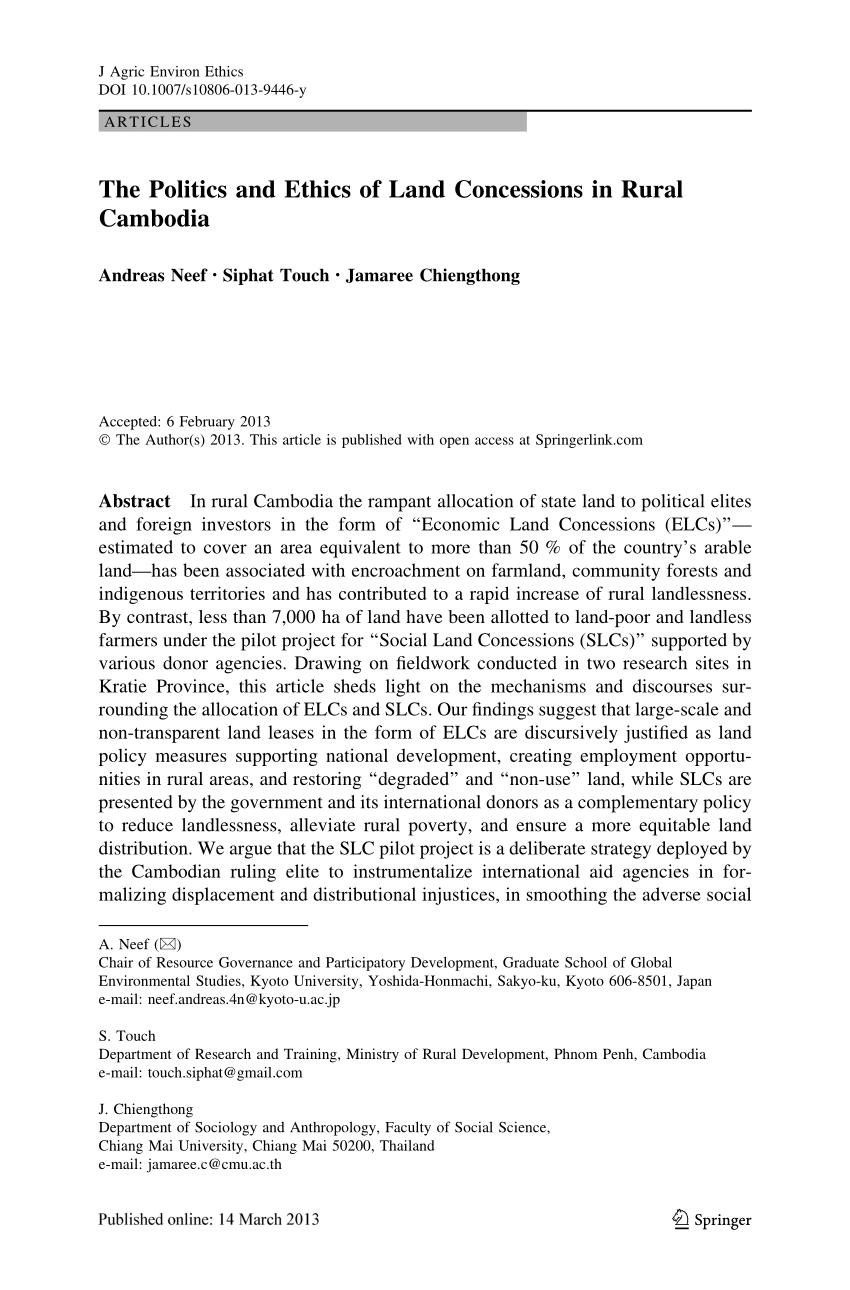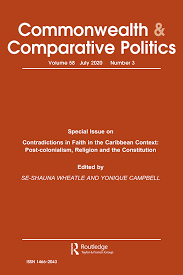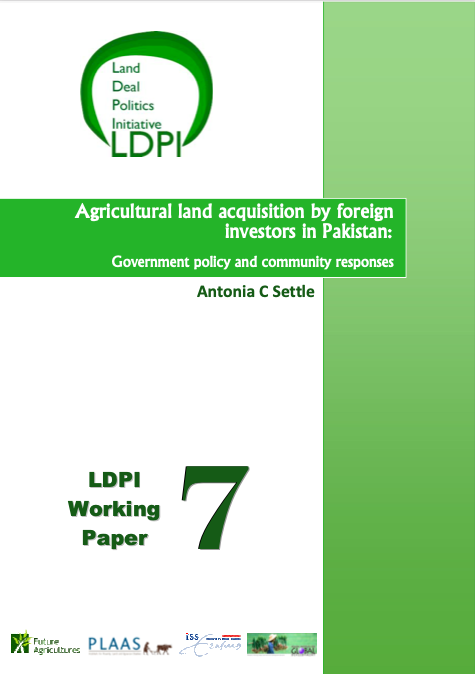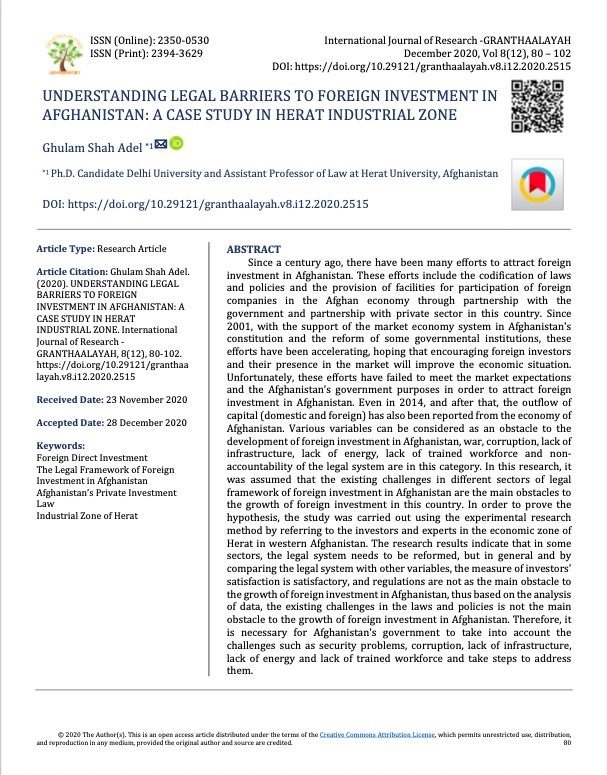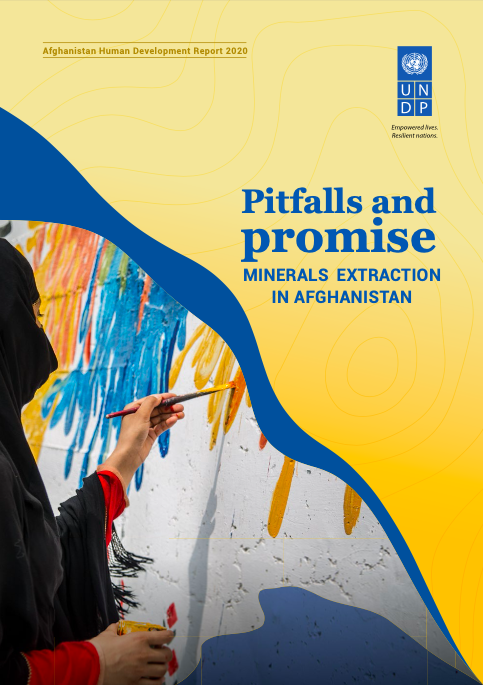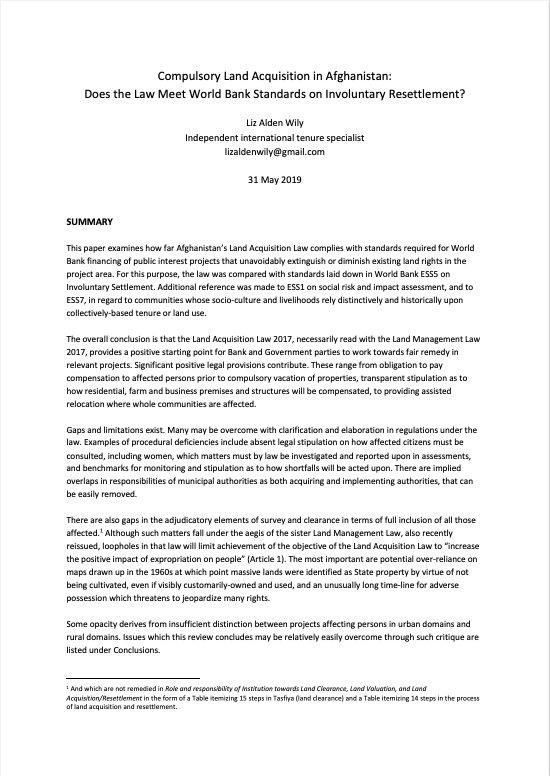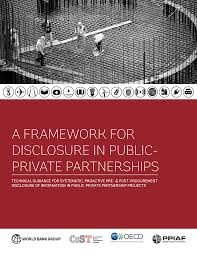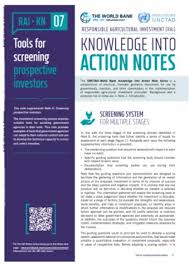The Politics and Ethics of Land Concessions in Rural Cambodia
In rural Cambodia the rampant allocation of state land to political elites and foreign investors in the form of “Economic Land Concessions (ELCs)”—estimated to cover an area equivalent to more than 50 % of the country’s arable land—has been associated with encroachment on farmland, community forests and indigenous territories and has contributed to a rapid increase of rural landlessness. By contrast, less than 7,000 ha of land have been allotted to land-poor and landless farmers under the pilot project for “Social Land Concessions (SLCs)” supported by various donor agencies.

